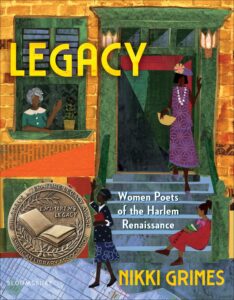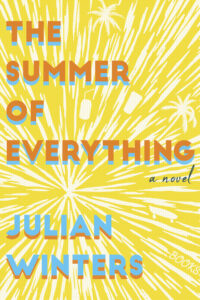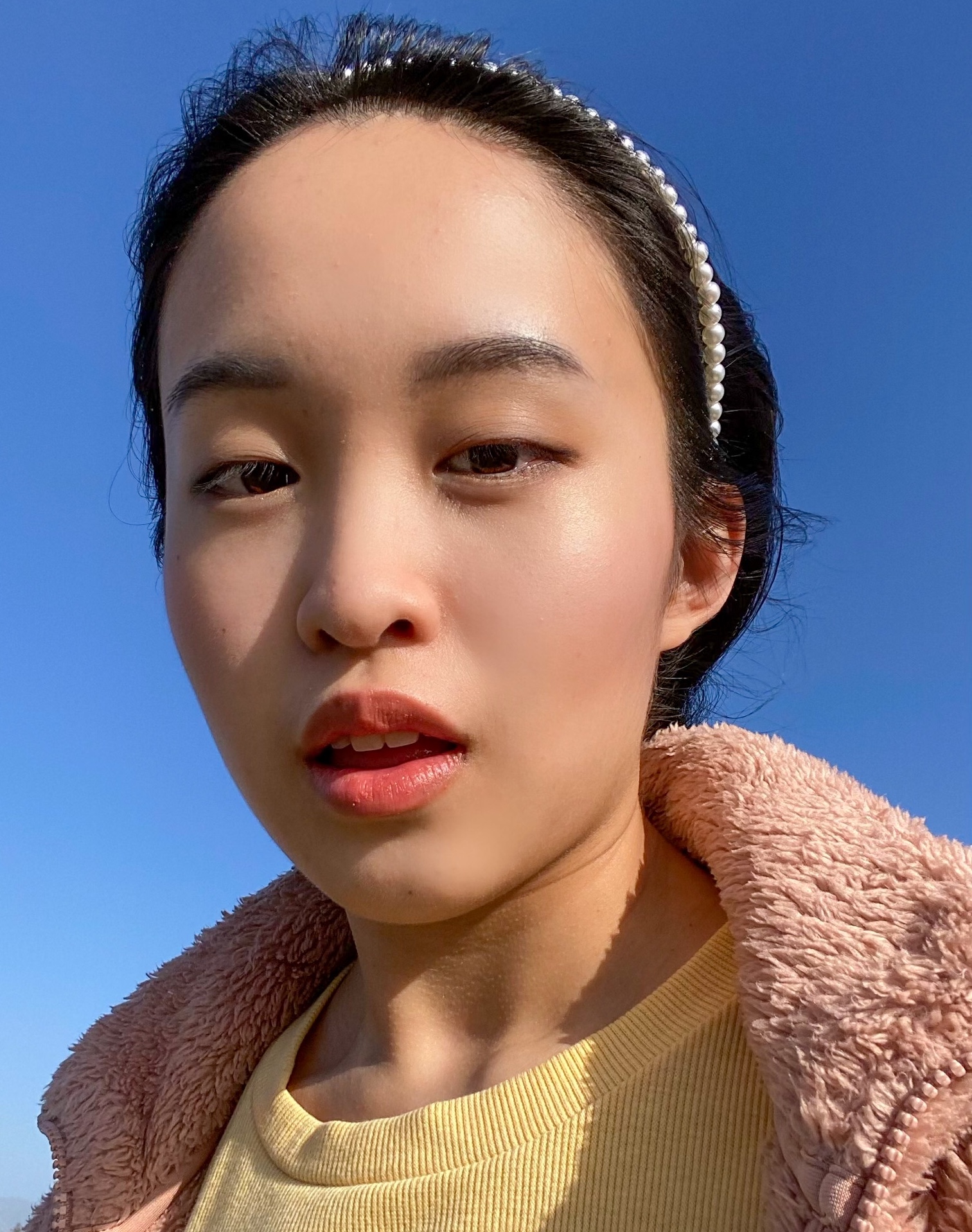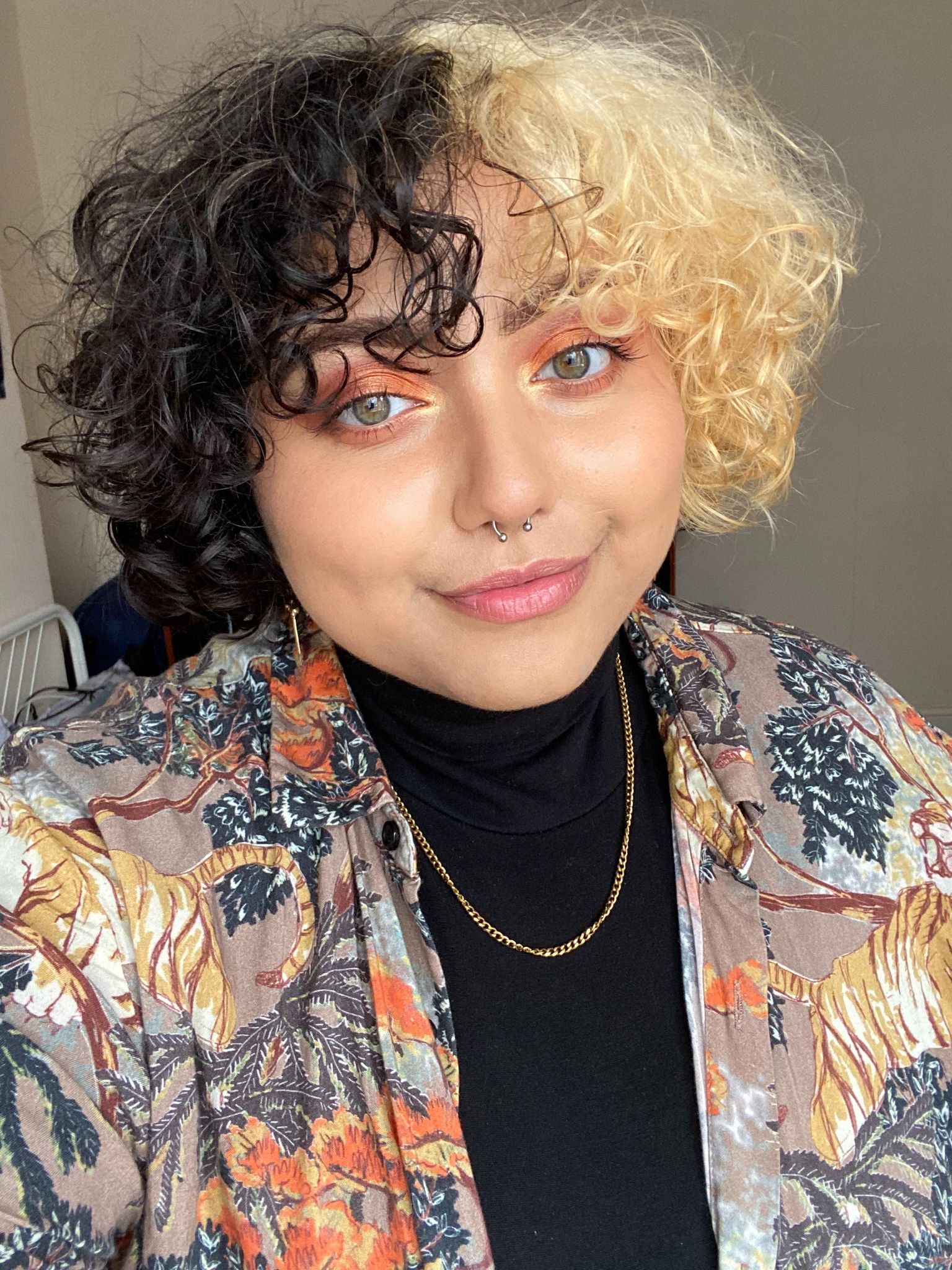BMP Voices Celebrates National Poetry Month 2022!
BMP Voices Celebrates National Poetry Month 2022
Poetry Contest: Poetry of Space/Place
Open All April – Fee Free
As the pandemic has continued into its second year, we at Brain Mill are thinking about spaces & places: how we exist in space, the importance of access, and the particulars of navigating places. We have gathered together in ways that may have been new to us over the last few years, greeting each other in small squares of connectivity, developing relationship and care with virtual check-ins, follows, and voices translated via technology. In our best moments we have learned to listen; in our worst, we have been caught up by all the ways we need to do better and think more deeply about community systems and for whom entry is barred.
In terms of poetry and creativity, we are interested in reading poems that speak to engagement with space/place, the architecture of the page, voices both on the page and off.
At Brain Mill Press’s pop-up magazine for National Poetry Month, we’ll be sharing posts from poets & creatives that speak to the above theme, as well as inviting entries for our fee-free contest organized around it.
Brain Mill seeks to highlight and platform the voices of underrepresented writers. We are inclusive and progressive, with a desire to read a variety of forms, aesthetics, and styles. Through curated featured poets posts, and our fee-free contest, we seek work that speaks to space/place.
Poems selected for the weekly Editor’s Choice selections, as well as for the Prizes will have the option to share their work as video/audio files, as well as text.
Submission Guidelines
Please submit 1-3 poems of any form or style that speak to space/place. Submissions will be reviewed for suitability by Brain Mill Press staff.
Those poets whose work is selected agree to grant Brain Mill Press the limited right to reproduce your piece on Voices. They retain all other rights to their work.
Poets’ submitted work and profile will be published on bmpvoices.com and promoted on our social media outlets. Your post will contain your headshot and bio, as well as information you may wish to include about recent work and your website and social media links.
Brain Mill Press strongly encourages submissions from people of color, women, LGBTQIA+ writers, First Nations writers, and disabled writers. Please direct inquiries not answered in this call to inquiries@brainmillpress.com.
Prizes
Four times in April, the Brain Mill Press editors will select one or more submitted poems as the editors’ choice pick(s) for the week. Editors’ choice selections may choose any poetry title from the Brain Mill Press catalog for their prize. In early May, the editors will select a winning poem, and the poet will receive the full collection of Brain Mill Press poetry titles for themselves, as well as a second collection to gift to an organization of their choice.












 Every Body Looking by Candice IIoh
Every Body Looking by Candice IIoh

 Felix Ever After
Felix Ever After The Summer of Everything
The Summer of Everything Let’s Talk about Love
Let’s Talk about Love Magnifique Noir
Magnifique Noir The Black Flamingo
The Black Flamingo













Recent Comments